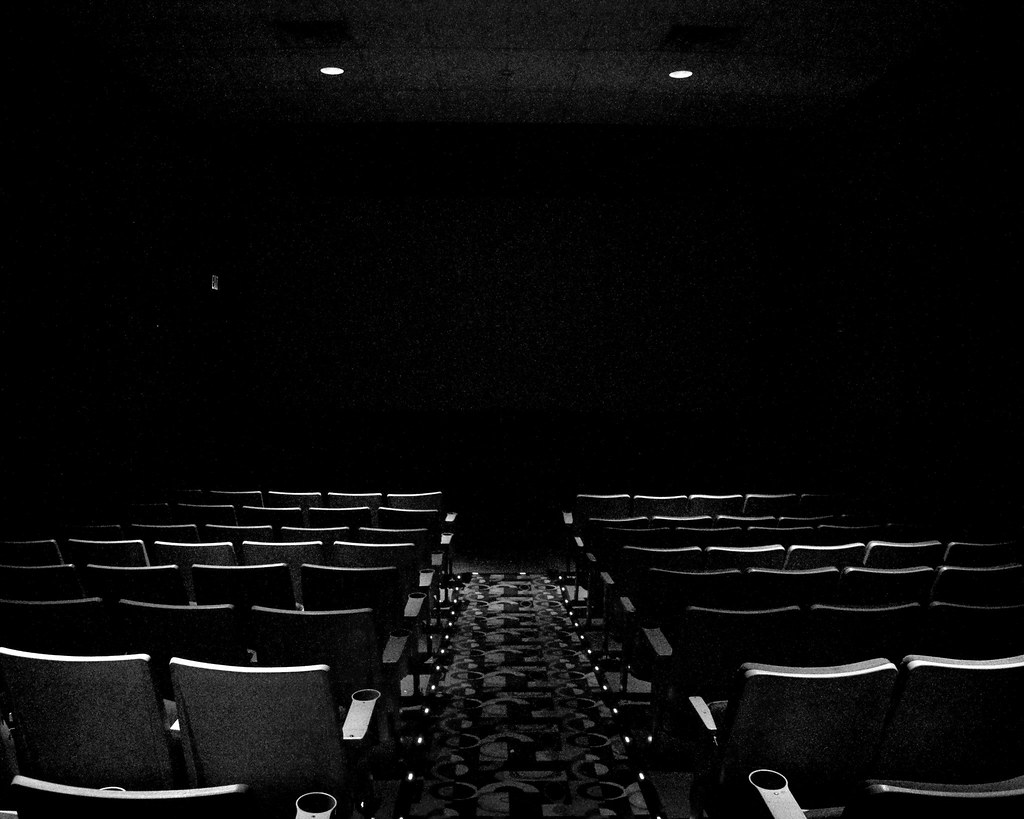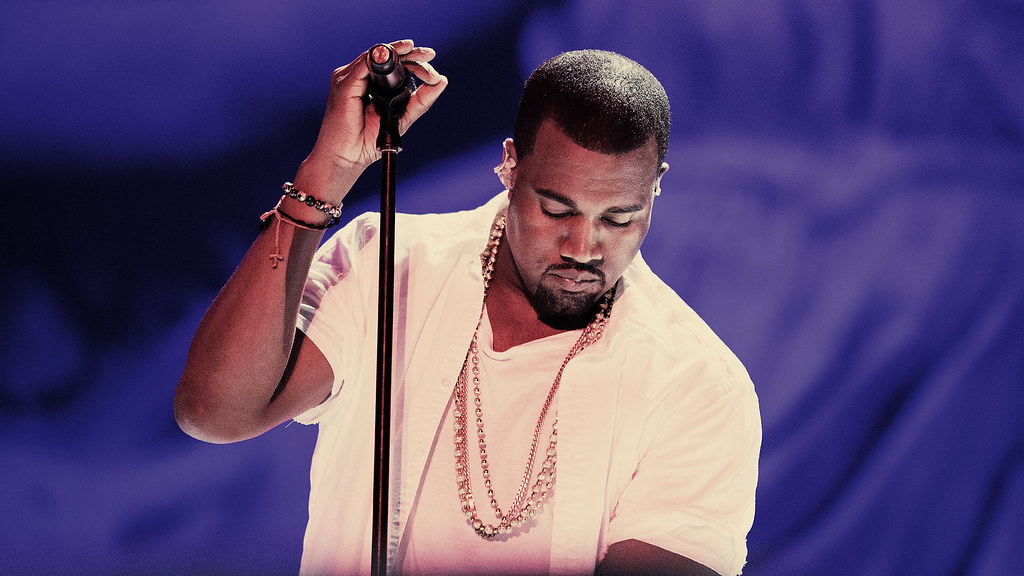**Understanding Eurovision: The Spectacular Pop Contest’s Grand Finale**
Ah, Eurovision! That magical time of year when Europe collectively decides that the best way to resolve international tensions is through a flamboyant display of sequins, questionable fashion choices, and enough glitter to blind a small country. The Grand Finale, held in a location that is always either a former Soviet bloc country or a place that sounds like a fancy cheese, is the pinnacle of this musical extravaganza.
This year, the event took place in the picturesque city of “Wherever-You-Can-Fit-10,000-Drunk-People,” where the air was thick with anticipation and the scent of desperation. Contestants from 26 countries gathered to showcase their best three minutes of pop music, which, let’s be honest, is usually just a lot of shouting and interpretive dance moves that look like a seizure.
“Eurovision is like a family reunion where everyone is trying to outshine each other while secretly hating one another,” said renowned Eurovision historian and self-proclaimed expert, Dr. Lottie Glitterbottom. “It’s the only place where you can see a man in a chicken suit perform a ballad about heartbreak and still get 12 points from the judges.”
This year’s winner, a group called “The Singing Sausages,” took home the coveted trophy with their hit single “Bratwurst Love.” Lead singer, Hans Wurst, exclaimed, “We just wanted to bring the taste of Germany to the world! And by taste, I mean our questionable lyrics and even more questionable outfits.”
Meanwhile, the voting process remains a mystery wrapped in an enigma, with countries awarding points based on a complex algorithm that seems to involve a dartboard and a blindfold. “It’s like a game of musical chairs, but with more drama and fewer chairs,” said Eurovision analyst, Simon “The Scorekeeper” McPoints.
As the confetti rained down and the crowd erupted into a chorus of “We Are the Champions” (because why not?), one thing became clear: Eurovision is not just a contest; it’s a celebration of everything that is wonderfully absurd about Europe. And as long as there are sequins, we’ll keep tuning in—if only to see what bizarre spectacle will unfold next year.






